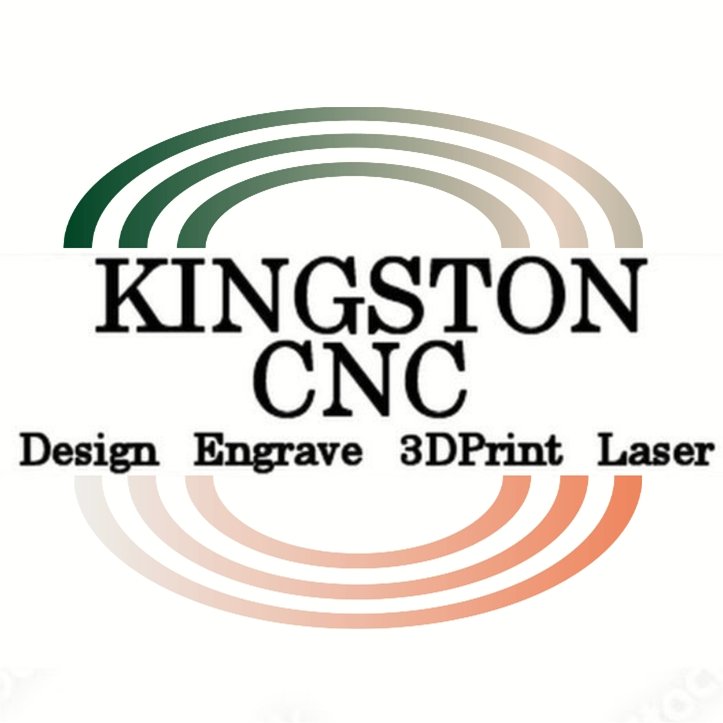Advantages and Disadvantages of Small CNC Routers using Belts, Lead Screws or Precision Ballscrews
Advantages of Small CNC Routers with Belts:
- Cost-effective: Belts are typically more affordable than lead screws or precision ballscrews.
- Speed: Belts can provide rapid movement and high-speed machining, making them suitable for lightweight and fast applications.
- Low friction: Belts have minimal friction, reducing wear and maintenance needs.
- Smooth motion: They can offer smooth and continuous motion, resulting in a high-quality surface finish.
- Quiet operation: Belts are quieter compared to lead screws or ballscrews, which is ideal for quieter work environments.
Disadvantages of Small CNC Routers with Belts:
- Accuracy: Belts may not provide the same level of precision as lead screws or ballscrews, leading to potential accuracy issues.
- Limited load capacity: They may have restrictions on the maximum weight they can handle, limiting the types of projects.
- Wear and tear: Belts are more prone to wear and may require frequent replacement or maintenance.
- Backlash: Belts can exhibit backlash, impacting the accuracy of the CNC machine.
Advantages of Small CNC Routers with Lead Screws:
- Precision: Lead screws offer high precision and accuracy, making them suitable for intricate work.
- Load capacity: They can handle heavier loads, allowing for a wider range of applications.
- Reduced backlash: Lead screws typically have less backlash compared to belts, improving positional accuracy.
- Durability: Lead screws are known for their long-lasting and low-maintenance performance.
Disadvantages of Small CNC Routers with Lead Screws:
- Slower speed: Lead screws may not offer the same rapid movement and high-speed machining capabilities as belts.
- Cost: Lead screws can be more expensive than belts, increasing the initial investment.
- Noise: They can be noisier in operation compared to belts, which may be undesirable in quieter environments.
Advantages of Small CNC Routers with Precision Ballscrews:
- Exceptional precision: Precision ballscrews provide the highest level of accuracy and repeatability.
- High load capacity: They can handle heavy workpieces and tooling with ease.
- Low backlash: Precision ballscrews have minimal backlash, ensuring precise positioning.
- Longevity: They are highly durable and require minimal maintenance.
Disadvantages of Small CNC Routers with Precision Ballscrews:
- Cost: Precision ballscrews are typically the most expensive option, impacting the initial investment.
- Speed limitations: While faster than lead screws, ballscrews may not match the speed of belts in some applications.
- Noise: They can generate more noise compared to belts, which can be a concern in quiet settings.
Summarized advantages and disadvantages:
- Belts: Cost-effective, high speed, low friction; limited accuracy, load capacity, and durability.
- Lead Screws: Precision, load capacity, reduced backlash; slower speed, higher cost, noise.
- Precision Ballscrews: Exceptional precision, high load capacity, low backlash, durability; high cost, speed limitations, noise.

No comments yet.